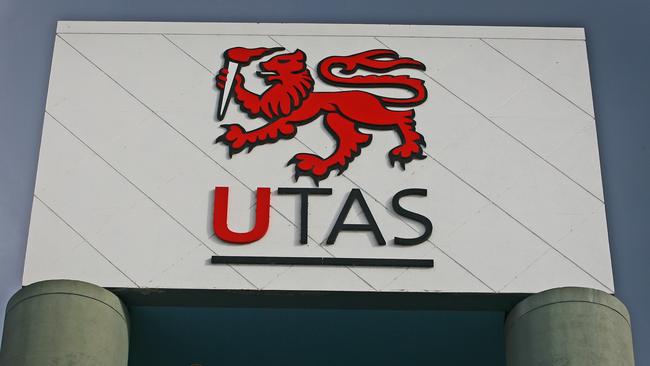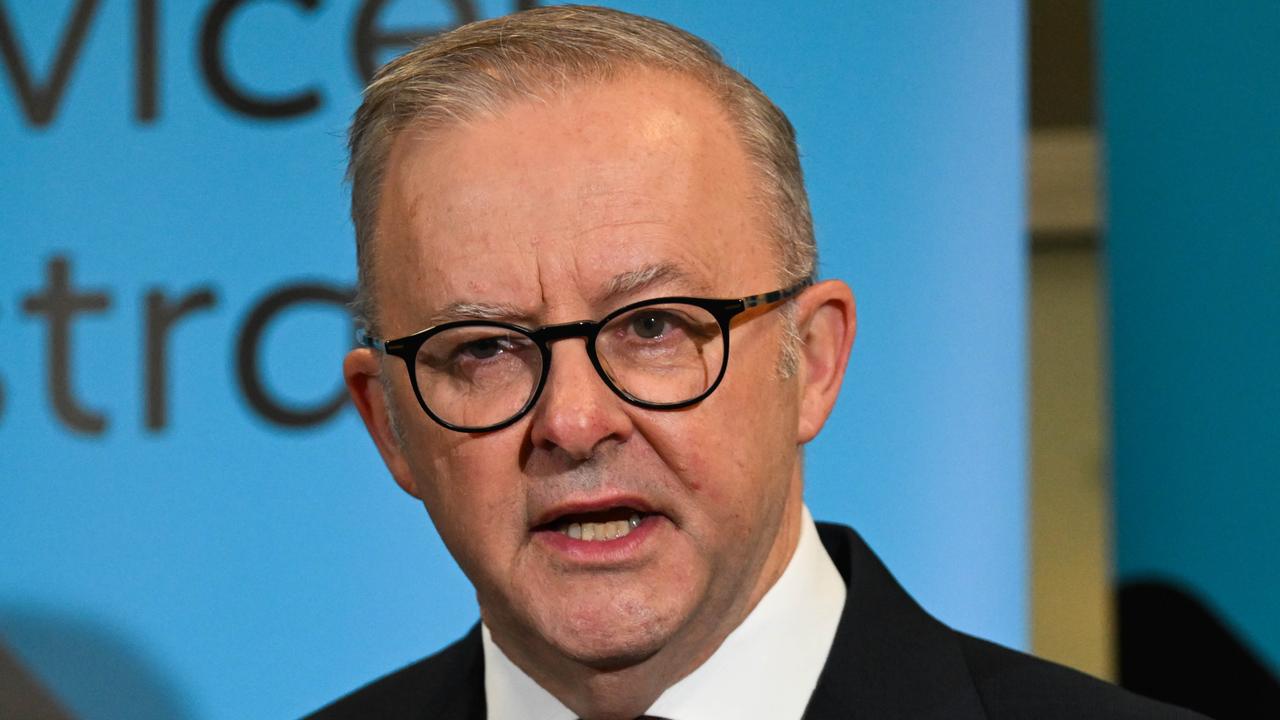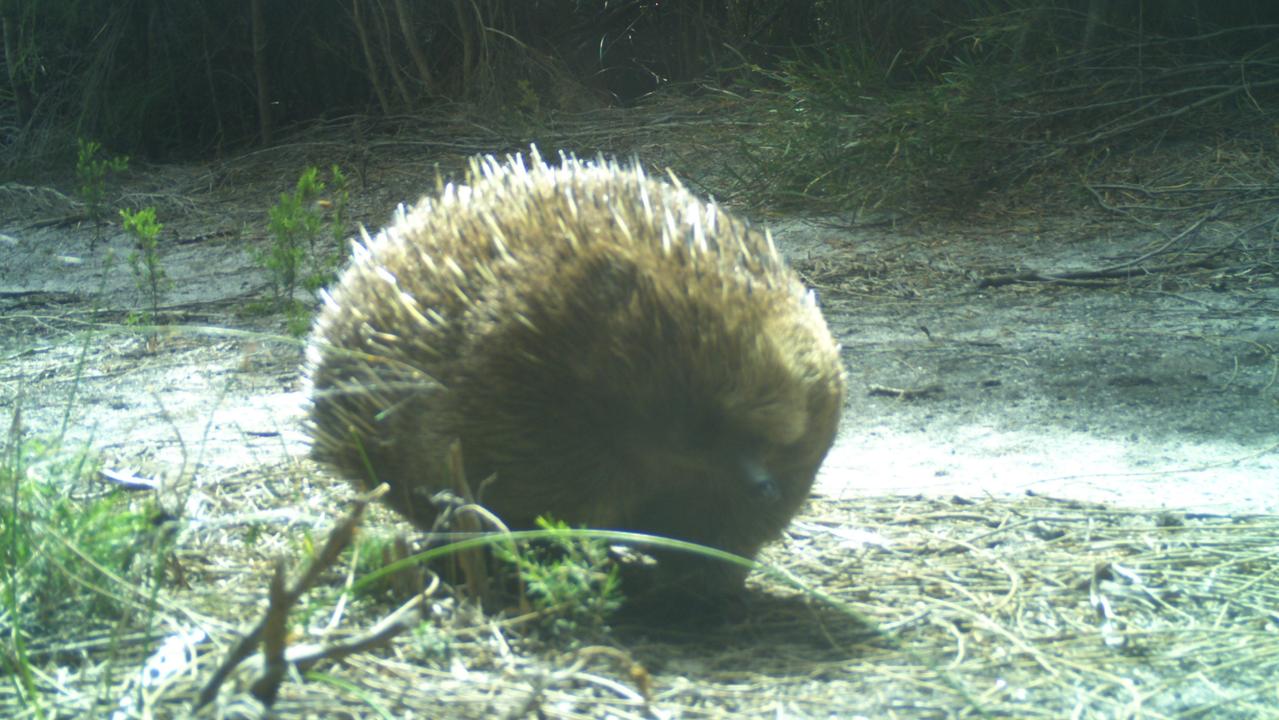University of Tasmania’s $400m STEM project takes another step forward
A $400 million project set to reshape the city is a step closer.

BOLD $400 million plans to transform the Hobart CBD are in the hands of the agency which tells the Commonwealth what projects should be funded.
Infrastructure Australia has received a draft business case for the University of Tasmania to increase its footprint in Hobart by shifting its science, technology, engineering and maths (STEM) research and teaching functions to a 23,000sqm site on the corner of Argyle and Melville streets.
The project is the only education project identified in Infrastructure Australia’s 15-year national infrastructure plan that was released in February.
At the time Infrastructure Australia chairman Mark Birrell said the university had an outstanding vision for revitalising the Hobart CBD.
“It’s a head-turning project that will help boost one of the capital cities that we want to back in,” Mr Birrell said.
Infrastructure Australia and the University of Tasmania confirmed a draft business case had been established when contacted by the Mercury yesterday.
“We are increasingly enthusiastic about its impact in the city, further reinvigorating Hobart and creating new economic sectors for Tasmania,” a University of Tasmania spokesman said.
Last month Prime Minister Malcolm Turnbull said he looked forward to the proposal.
“We understand the potential for the project and we have obviously demonstrated an interest in it,” Mr Turnbull said.
“But Australians and indeed Tasmanians would expect that we would go through proper processes prior to committing their taxpayers dollars.”
Denison independent Andrew Wilkie said the development would transform Hobart and Tasmania.
“It’s a $400-million project that ultimately would accommodate 5200 staff, researchers and students,” Mr Wilkie said.
“Indeed the UTas project is nationally significant, and an Infrastructure Australia priority, because the percentage of Australian graduates with a STEM background is only 18 per cent, compared with Singapore and China which are 35 and 47 per cent respectively.
“I really think this (is an) exciting project and I am pulling out all stops … to support it.”
An Infrastructure Australia spokeswoman said the agency would undertake an initial review of the submission and seek clarification or further information from the proponent before preparing a recommendation to the agency’s Board.
Originally published as University of Tasmania’s $400m STEM project takes another step forward



